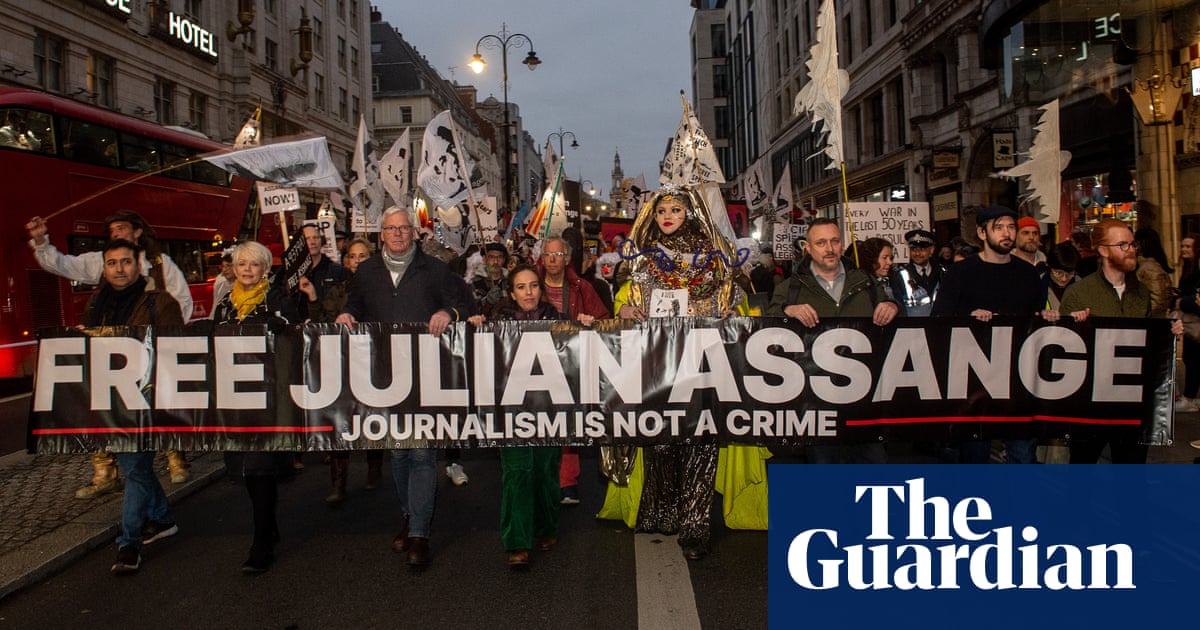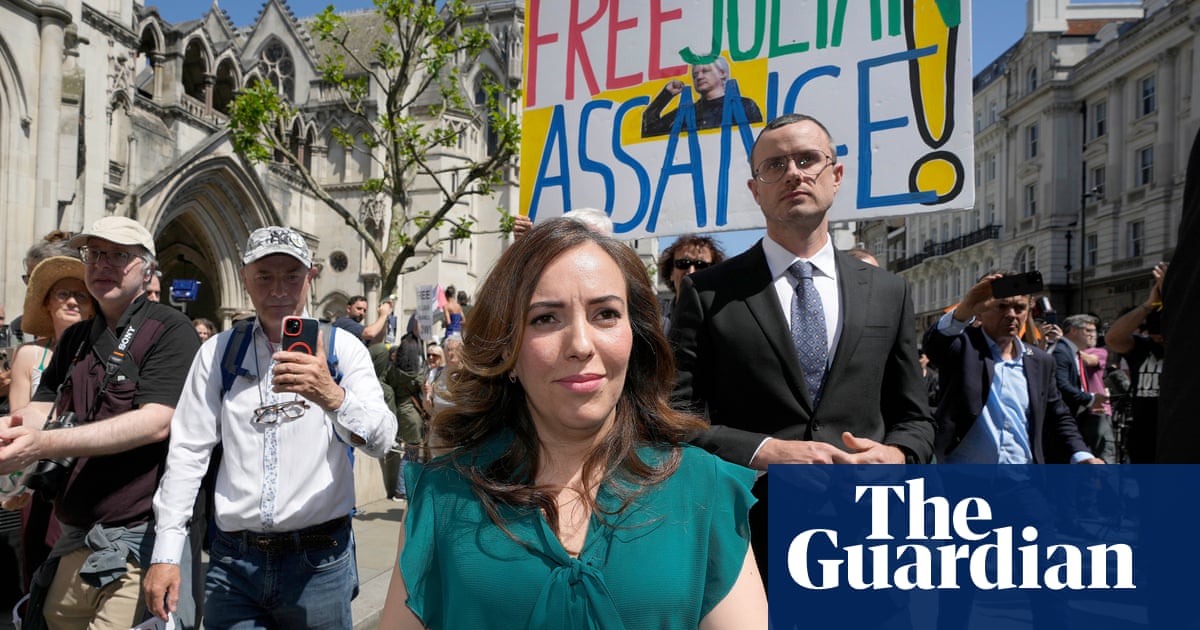
Julian Assange will make a fresh appeal to be released from prison this week after a British judge ruled that he cannot be extradited to the US to face charges of espionage and hacking government computers.
While district judge Vanessa Baraitser rejected arguments that Assange would not get a fair trial in the US, she blocked extradition on the basis that the WikiLeaks co-founder was at risk of taking his own life if he were to be held in isolation.
She said it appeared to be impossible to prevent suicide where a prisoner was determined to go through with it, twice referencing Jeffrey Epstein, the US billionaire who took his own life in August 2019 at the New York Metropolitan correctional centre before a trial for sex trafficking and conspiracy charges.
As US authorities prepare to appeal against the ruling, Assange will appear in court on Wednesday for a new bail application.
His legal team is expected to present evidence to show that Assange will not abscond and will also refer to rates of Covid-19 in Belmarsh high-security prison, where he is being held, as well as conditions which are said to detrimental to his physical and mental health.
Citing evidence by medical experts about Assange’s precarious mental health, Baraitser said on Monday: “The overall impression is of a depressed and sometimes despairing man, who is genuinely fearful about his future. I find that the mental condition of Mr Assange is such that it would be oppressive to extradite him to the United States of America.”
There was dismay among Assange’s supporters that the ruling was solely based on health grounds, with the judge stating she had no reason to doubt that “the usual constitutional and procedural protections” Assange would be afforded in the US.
Sending Assange across the Atlantic would not breach a bar on extradition for “political offences” Baraitser said.
The case against the 49-year-old relates to WikiLeaks’s publication of hundreds of thousands of leaked documents about the Afghanistan and Iraq wars, as well as diplomatic cables, in 2010 and 2011.
Prosecutors say Assange helped the US defence analyst Chelsea Manning breach the US Espionage Act, was complicit in hacking by others and published classified information that endangered informants.
Assange denies plotting with Manning to crack an encrypted password on US computers and says there is no evidence anyone’s safety was compromised. His lawyers argue the prosecution is politically motivated and that he is being pursued because WikiLeaks published US government documents that revealed evidence of war crimes and human rights abuses.
Assange’s partner, Stella Moris, described the ruling as “the first step towards justice” and called on Donald Trump to halt the extradition efforts. “[The US government] continues to want to punish Julian and make him disappear into the deepest, darkest hole of the US prison system,” she said.
There was also mixed reaction from bodies including Amnesty International, which welcomed the ruling, while accusing UK authorities of “having engaged in a politically-motivated process at the behest of the USA and putting media freedom and freedom of expression on trial”.
The US Department of Justice said: “While we are extremely disappointed in the court’s ultimate decision, we are gratified that the United States prevailed on every point of law raised. In particular, the court rejected all of Mr Assange’s arguments regarding political motivation, political offense, fair trial, and freedom of speech. We will continue to seek Mr Assange’s extradition to the United States.”












